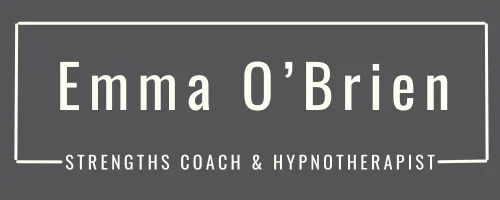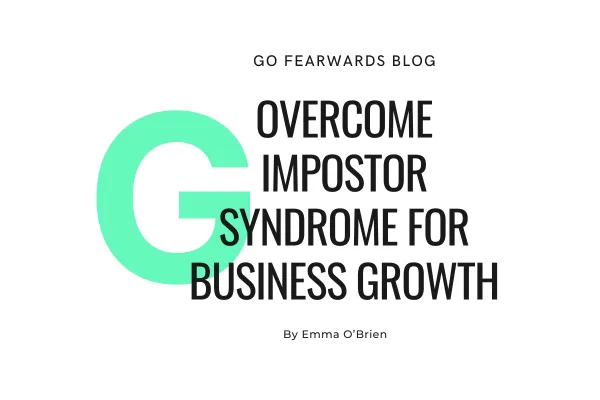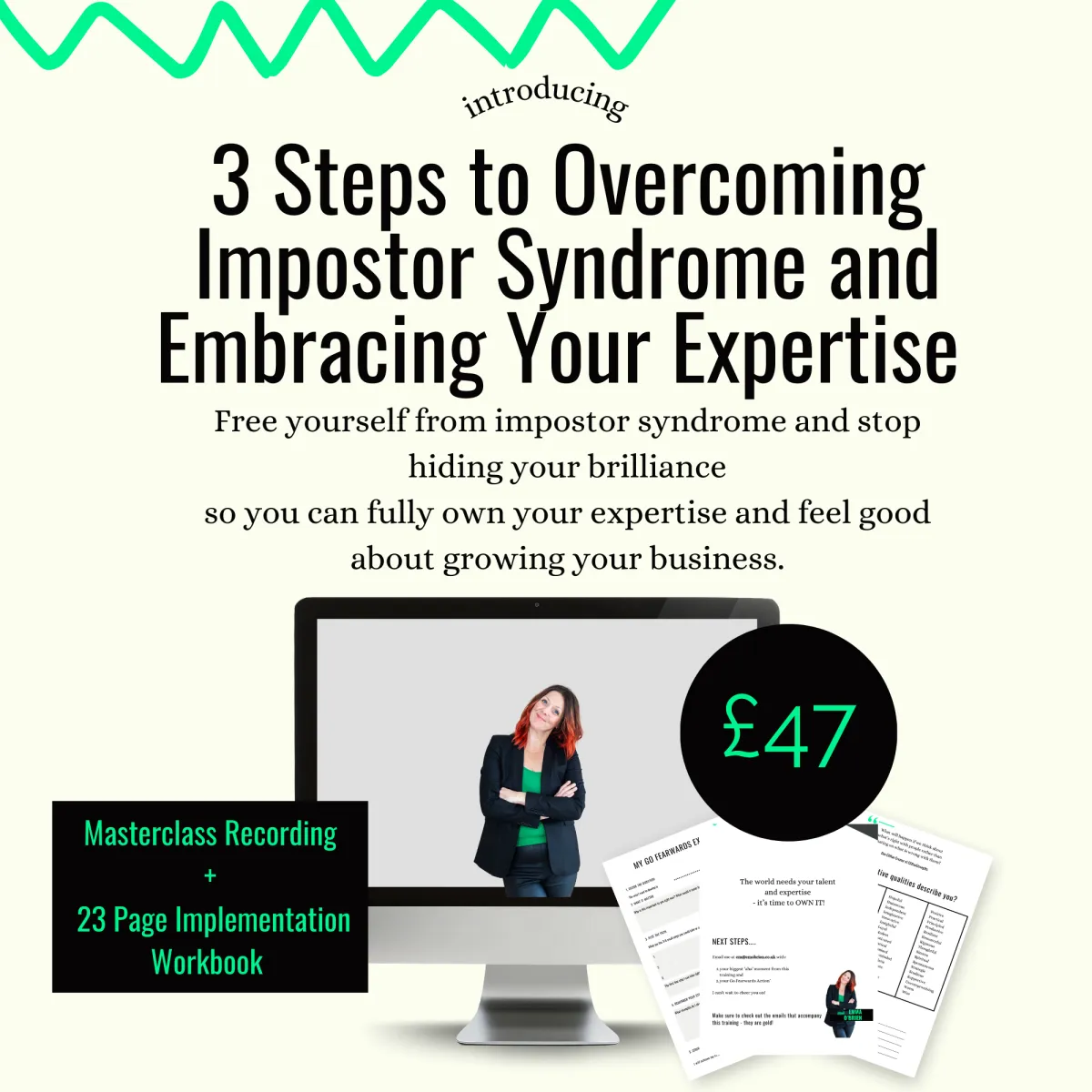

Overcome Impostor Syndrome for Business Growth
Coaches and Entrepreneurs: Overcoming Impostor Syndrome for Business Growth
As ambitious and intelligent specialists in our fields, we often find ourselves grappling with feelings of self-doubt and inadequacy, despite our undeniable expertise and accomplishments. So, let’s unpack what impostor syndrome is, how it manifests, and most importantly, how it affects us as coaches and business owners striving to grow a thriving business - whilst feeling like we are confidently thriving ourselves.
Understanding Impostor Syndrome:
Impostor syndrome is like that unwanted guest at the party – it shows up uninvited and overstays its welcome. It's that nagging voice in our heads whispering, "You're not good enough" or "You don't belong here." It's the persistent feeling that our achievements are merely strokes of luck, not a result of our hard work and talent.
Recognizing the Symptoms:
Do any of these sound familiar? Chronic self-doubt, fear of failure, perfectionism that borders on obsession, and a tendency to attribute success to external factors rather than our own abilities? If so, you might be experiencing impostor syndrome. It's like a sneaky ninja, lurking in the shadows and undermining our confidence when we least expect it.
The Impact on you as a coach:
As coaches, whatever your speciality, our job is to facilitate the transformation of others, but how can we do that effectively when we're plagued by self-doubt ourselves? Even feeling this way can drive us deeper into the experience of feeling like an impostor! Impostor syndrome can seriously hinder our ability to lead and inspire. We might find ourselves holding back, afraid to fully own our expertise and assert our authority with confidence and conviction. This reluctance to step into our power can impact the coach-client relationship in that clients and potential clients pick up on our energy and it can limit our impact. You’ll have experienced yourself how much more powerful your work is when you feel like you’re ‘owning it’, right?
Moreover, impostor syndrome can be a major roadblock when it comes to growing our coaching businesses. We might shy away from opportunities to expand our reach, like speaking engagements or publishing articles, fearing (often irrationally) that we'll be exposed as frauds. But here's the thing – our clients need us to show up as confident, authentic leaders. It really is time to let go of impostor syndrome and own our brilliance.
Impact on Business Growth:
Impostor syndrome rears its head often in the world of entrepreneurship. As business owners, we're no strangers to risk-taking and innovation. But when impostor syndrome creeps in, it can paralyse us - or at the least weigh us down - with self-doubt, preventing us from making bold decisions and seizing opportunities for growth.
Think about it – if we're constantly second-guessing ourselves, how can we be showing up as the obvious and best choice for our clients? How can we chart a path for ourselves and our businesses and navigate the ever-changing landscape of entrepreneurship, without it feeling like an emotional roller coaster? If we never deal with it, impostor syndrome holds us back from realising our full potential and achieving the success we desire and deserve.
Learning to let go of Impostor Syndrome:
So, how do we break free from the grip of impostor syndrome and step into our expertise and authority - our unique brilliance - as coaches, entrepreneurs and talented ambitious people? It starts with recognising that we are not alone in this struggle. Impostor syndrome affects countless high-achieving individuals, its a really normal human experience, but it doesn't have to define us.
It all begins with awareness. Where are you experiencing these thoughts and feelings? Do you know where they are coming from? Challenging our self-limiting beliefs and creating greater awareness of our successes are vital steps. We can seek support from mentors, peers, coaches and good friends and colleagues who believe in us to help us see ourselves from a wider perspective. And from there our work is to choose to believe in ourselves and our abilities, trusting that we are more than capable of achieving our goals and making a difference in the world.
READ NEXT 8 Thing Coaches Do That Makes Impostor Syndrome Worse
Top Strategies For Overcoming Impostor Syndrome In Your Coaching Business

Get Go Fearwards Friday delivered straight to your inbox
I agree to terms & conditions provided by the company. By providing my email address, I agree to receive emails from Emma O'Brien.
© Copyright 2022 Business Name.
